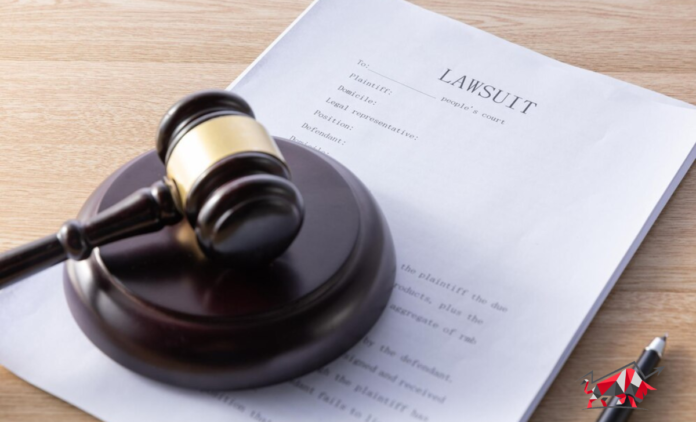Ikigai Strategic Partners, a cryptocurrency fund, has agreed to pay a $150,000 fine to the National Futures Association (NFA) in the United States. This decision follows an August 20 ruling by an NFA hearing panel, citing an illicit Bitcoin loan as the cause of the penalty.
The fine is part of the broader aftermath of the 2022 liquidity crisis that hit the crypto industry following the collapse of the FTX exchange. This case also highlights the NFA’s growing involvement in overseeing activities within the spot cryptocurrency markets. The NFA typically regulates the U.S. derivatives market but has been increasingly active in monitoring crypto market practices.
Allegations Against Ikigai Strategic Partners
According to the NFA’s August 20 statement, Ikigai Strategic allowed one of its investment pools to make an unauthorized loan to an affiliated company owned by Ikigai’s principal, Anthony Robert Emtman, and another Ikigai executive.
The incident dates back to 2022 when Ikigai allegedly loaned about $2.5 million worth of Bitcoin to a crypto exchange. This loan was intended to benefit another fund operated by the same people behind Ikigai. The NFA’s complaint, filed on April 29, revealed that the fund held around $65 million—80% of its assets—on this exchange, which remains unnamed.
The NFA claims that the loan violated Ikigai’s regulatory obligations, leading to the fund’s inability to meet withdrawal requests from its investors. Specifically, Ikigai used Bitcoin from its Master Fund as collateral for a $1.3 million loan in US Dollar Coin (USDC), which was extended to an affiliated fund, Ikigai Capital Partners GP LLC.
Without admitting or denying the allegations, Ikigai Strategic and its principal operator agreed to pay the $150,000 fine.
New Rules for Crypto Market Conduct
On May 31, the NFA introduced new rules for member firms operating in the spot cryptocurrency markets. These rules include strict regulations against fraudulent and misleading claims. Before these rules were established, the NFA had “well over 100” members involved in digital asset commodities but lacked the authority to address fraud or misconduct among them, according to a February 28 letter from the NFA.


